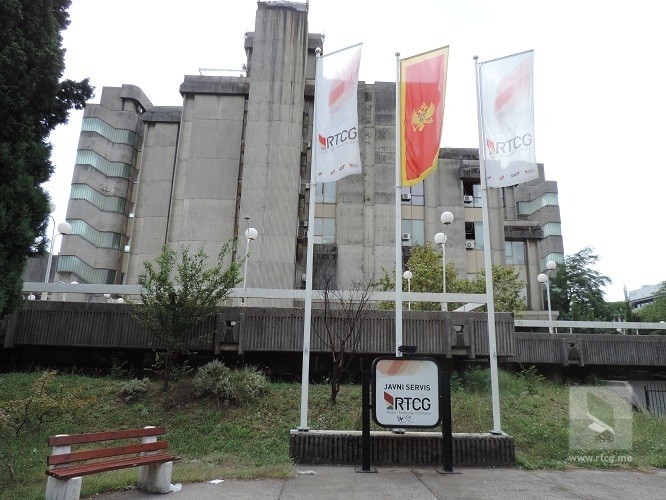PODGORICA, 26.11.2018. – The Director General of Radio-Television of Montenegro (RTCG) should be appointed by the Parliament with a qualified majority, OSCE experts said in an analysis of the Draft Law on Media and Public Service.
The director of the Directorate for Media in the Ministry of Culture, Željko Rutović, whose ministry is also the commissioner of the analysis, do not agree with such a proposal. He believes that such a solution leaves the possibility of political influence.
“I consider that it is necessary to define very precisely the solutions that will not give the possibility of any form of political interference. The proposed position of the OSCE expert on the election of the general director in parliament, in my opinion, leaves that space and that possibility of influence,” said Rutovic.
OSCE Representative for Freedom of the Media Harlem Desir and Head of Mission of OSCE in Montenegro Maris Davie recently presented to the Montenegrin authorities a legal analysis of the Draft Law on Media and on Amendments to the Law on National Public Broadcasters. As announced by the OSCE Mission, the drafting of legal analyzes was imposed on the request of the Montenegrin Ministry of Culture.
It is stated that the legal analysis of the two draft laws was prepared by Davor Glavaš, an experienced media expert with a great knowledge of the legislative framework of Montenegro.
Expert suggestions refer to the need to replace the “cascade” model with a “dual governance” model that would include the Council and the Supervisory Board, and that the Director-General should be appointed by a qualified majority in Parliament.
Rutović believes that in the event that the General Director of the RTCG chooses the Assembly, “the supervisory role and purpose of the RTCG Council is questionable, ie, the participation of the broadest entities of the society in the process of representing their legitimate public interests.”
“The main points highlighted in the document dealing with the Draft Law on the Media include, inter alia, the establishment of a fund to support media pluralism, the need to explain the criteria for granting financial support to the media, and the implementation of the provisions on transparency of ownership,” the statement said.
Davie presented the analysis to the Minister of Culture Aleksandar Bogdanovic.
“Desir and Davie have confirmed their willingness to continue to provide assistance and support to the local government on all issues related to the media, including changes in the law,” the statement of OSCE concludes.








